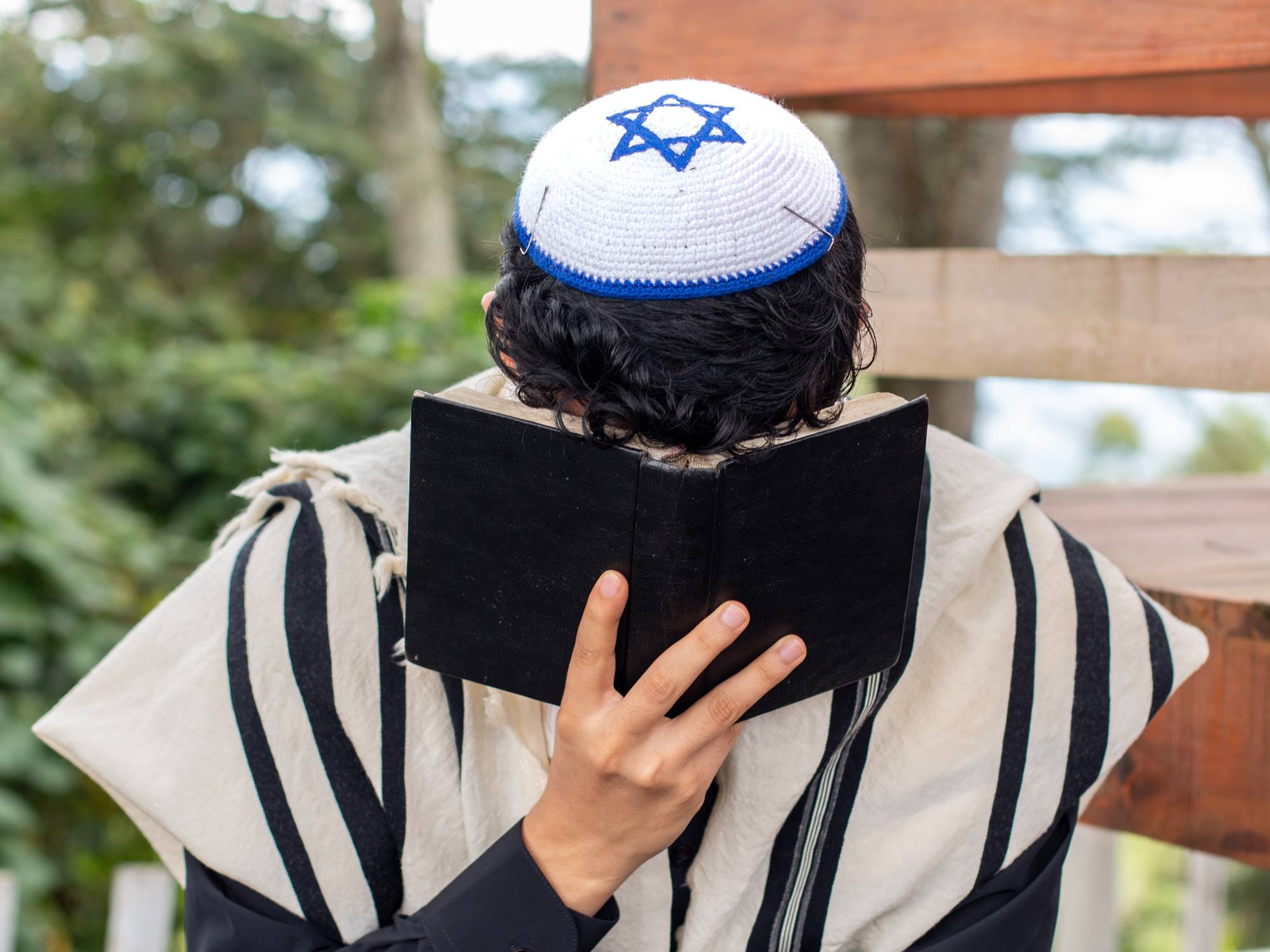
The Power of a Jewish Prayer
Prayer is a profound and central element of Jewish life and tradition. It serves as a means of communication with the Divine, a source of solace in times of need, and a way to express gratitude for life's blessings. Jewish prayers, or "tefillot," are a testament to the enduring faith and spirituality of the Jewish people. In this blog post, we'll explore the significance and power of Jewish prayer, delving into the rich tapestry of this ancient tradition.
The Foundation of Jewish Prayer
Jewish prayer is rooted in a legacy that spans millennia. Its origins can be traced to the biblical figures of Abraham, Isaac, and Jacob, who are said to have established the three daily prayer services known as "Shacharit," "Mincha," and "Ma'ariv." These services are conducted at specific times of the day and serve as a means of both connecting with the Divine and maintaining a sense of spiritual discipline.
The Amidah: The Standing Prayer
One of the most central and powerful prayers in Judaism is the "Amidah," also known as the "Shemoneh Esrei" (meaning "Eighteen," although it actually contains nineteen blessings). This prayer is recited while standing and is often referred to as the "standing prayer." The Amidah covers a wide range of themes, including praise, supplication, and gratitude, making it a comprehensive expression of the Jewish soul's yearning to connect with God.
Praying with Intention
In Jewish tradition, prayer is not merely the recitation of words; it's an opportunity to pour one's heart and soul into the act of communicating with God. The power of Jewish prayer lies in the intention behind it, the sincerity of the supplicant, and the devotion to the Divine. Each prayer is an opportunity for spiritual reflection and self-examination.
The Kotel: A Place of Pilgrimage
No discussion of Jewish prayer is complete without mentioning the Western Wall, or "Kotel," in Jerusalem. This ancient structure is the only remaining part of the Second Temple, and it holds deep significance as a place of prayer and pilgrimage for Jewish people from around the world. Thousands visit the Kotel to insert written prayers into its crevices, seeking a direct connection to the Divine.
Prayer for All Occasions
Jewish prayer is not limited to specific times or places. There are prayers for all occasions, from joyful celebrations to moments of grief. Whether reciting the "Shehecheyanu" to mark a special moment or offering solace through the "Kaddish" in times of mourning, Jewish prayers encompass the spectrum of human experiences.
A Universal Message
While Jewish prayer is deeply rooted in tradition, its message is universal. It reflects the human longing for connection, understanding, and purpose. The power of a Jewish prayer is not limited to one faith; it's an invitation for all to explore the profound dimensions of spirituality and faith.
In conclusion, the power of a Jewish prayer lies not only in the words spoken but in the devotion, intention, and connection it fosters. Jewish prayer is a timeless tradition that continues to serve as a source of strength and solace, offering a deep connection to the Divine and a spiritual journey of self-discovery.



